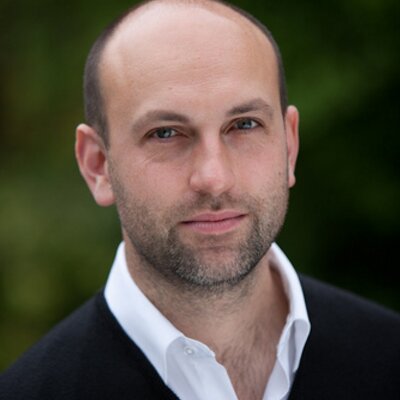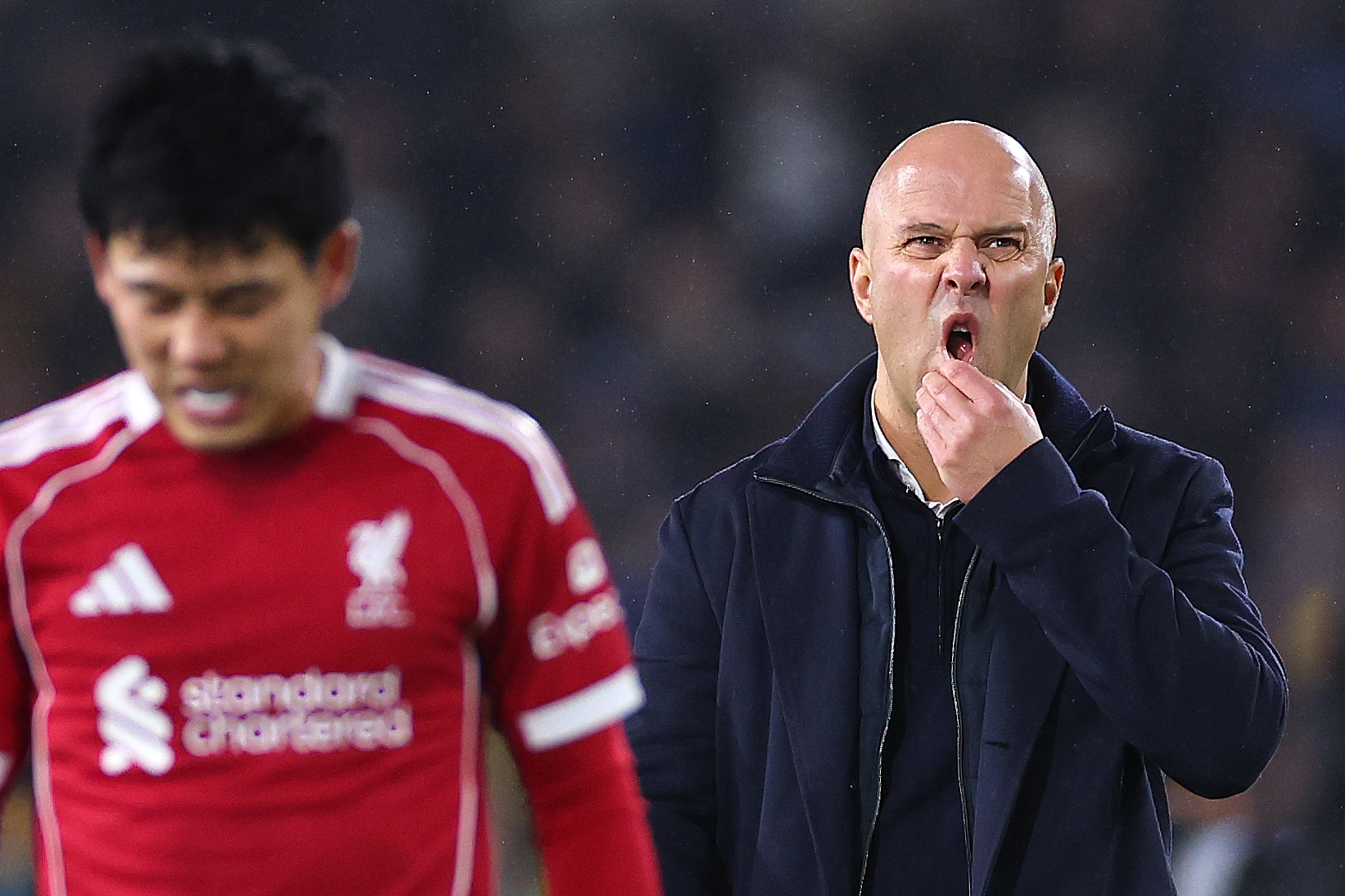You Ask The Questions: Carlo Ancelotti
Was he close to taking over at Manchester United? How did he handle Zlatan's whopping ego? Why is he in the Star Trek movie? The legend answers all...
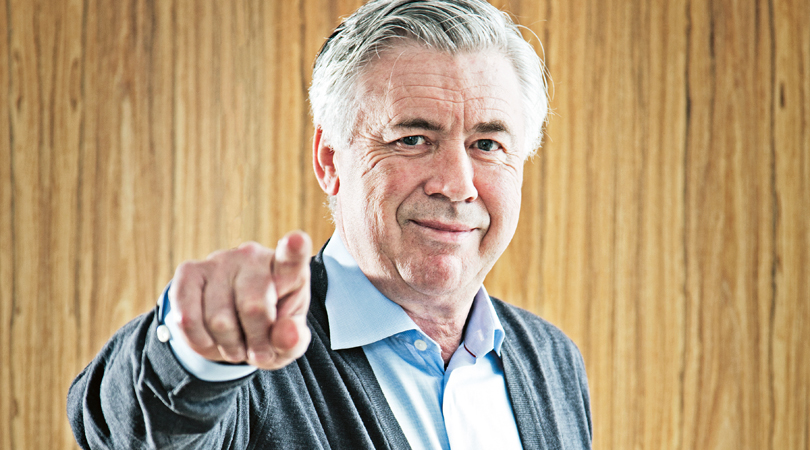
You’ve previously said you were “very poor” growing up as a child. What lessons did you learn from that?
Andy Woodman, via Twitter
I remember that time of my life, and it is true we didn’t have money to spend, but I grew up in a wonderful family – a working family. It was a quiet, peaceful time. My father never shouted at me. I lived with my whole family; my father, my mother, my sister and my grandparents. That time built my character. My family worked on the land – they were farmers. We made Parmesan cheese. I still know how to make it to this day. Every morning we would take the milk from the cows to make the cheese.
What was the highlight of your time at Milan as a player, and what was it like to play with so many legends of the game?
Don Keeper, via Facebook
I chose the right time to go to Milan, didn’t I? It was a really, really fantastic team, and we played for a manager who knew exactly what he wanted. Arrigo Sacchi was doing something new in football with how we were organised, and he taught us to express ourselves, which helped us to stay at the top. I had a great relationship with Paolo Maldini and Franco Baresi, but Sacchi was the key.
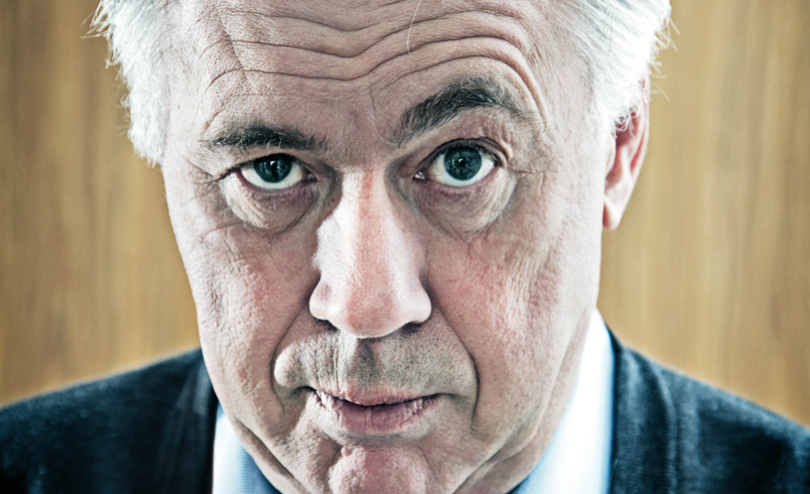
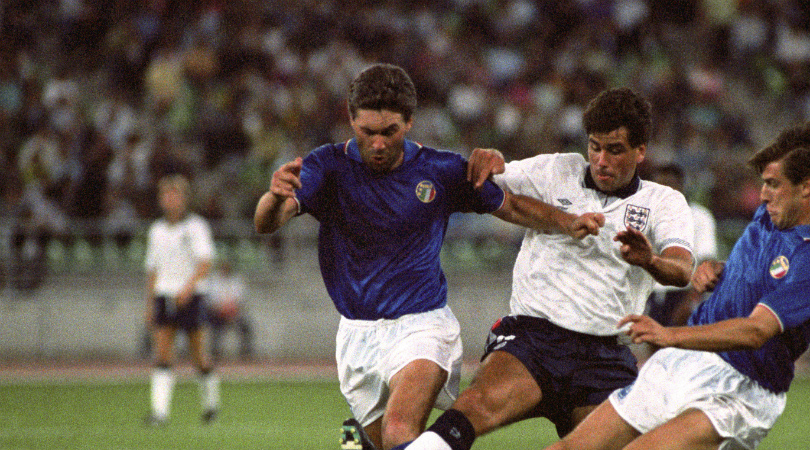
Date of birth: June 10, 1959
Place of birth: Reggiolo, Italy
Position: Midfielder
International: 1981-91 Italy 26 (1)
What did you learn from working as Arrigo Sacchi’s assistant with Italy at the 1994 World Cup? How did you console Roberto Baggio after his penalty miss in the final?
Johnson Neil, via Twitter
Being with him for three years was a good experience. I learned the methodology of training, and also about strategy and focusing on the little details. I didn’t speak to Baggio after the final, because what can you really say? Our two best penalty-takers were him and Baresi, and they both missed. It is a lottery; it is a mental situation and not a technical one.
Why did the Juventus fans not like you when you managed there? Did it feel like revenge when you beat them with Milan in the 2003 Champions League Final?
Nick Gove, Battersea
The problem with me and the Juventus fans was that I had been a Milan and Roma player, and they didn’t like that. During the 1980s there was a big rivalry between Juventus and Milan – they were always going for the title – and before that in 1983 I had been part of the Roma team who had beaten Juventus to the title; a great Juventus side, too, with Platini, Boniek, Gentile, Scirea and Zoff. I wouldn’t call it revenge, but it was strange to play the final of the Champions League against a team that had sacked me not long before. But that was the first time I had ever won the Champions League as a manager, so my emotions were not of revenge – just of happiness.
ARCHIVE “A pig cannot coach. Go away, Ancelotti”: Abuse, failure and dismay for Carlo at Juventus
You’ve won more Champions League trophies than Serie A titles: three to one. Is it a regret you didn’t win more?
James Burgett, Pisa
Yes, a little bit, because at Milan I had the possibility to win more titles but a lot of the time we finished second. I also came second with Parma in 1997. The regret is that I should have won more titles with Milan because I had a fantastic squad. We did well in the Champions League, playing in three finals and winning two, but yes, we should have won more league titles.
How do you explain losing the 2005 Champions League Final to Liverpool after leading 3-0 at half-time? Could you have done anything differently to stop their incredible comeback in Istanbul?
Lance Baumatan, London
I look back at this quite often, but I don’t think there is anything I could have done differently. It was all about six minutes. We played for 114 minutes; Liverpool played for six minutes. That’s the truth of it. It was a very strange game. You know, I took this Milan team to three Champions League finals, and 2005 was actually the best we played – but it was the only one we lost! [FFT: Were your players celebrating at half-time? Did they think they had already won?] No, no, this is bullshit. Bullshit! We were very happy because we had played a fantastic first half, but we knew we had another half to play. Even at 3-3 we should have won it in the last minute when [Andriy] Shevchenko had a chance in front of goal, but [Jerzy] Dudek saved it.
The best features, fun and footballing quizzes, straight to your inbox every week.
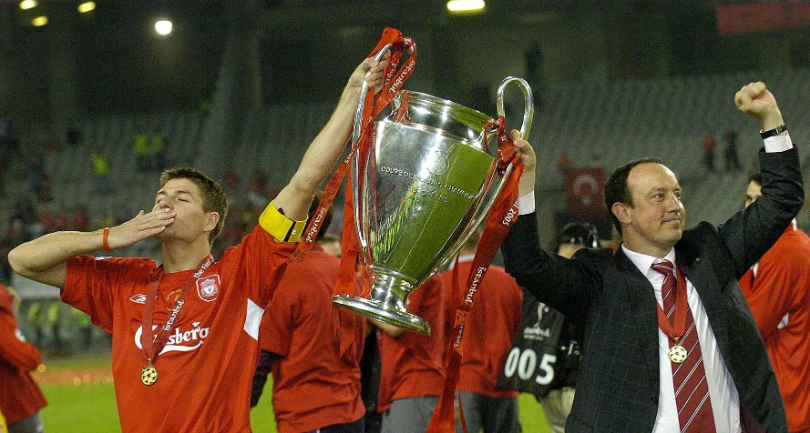
Your Chelsea side won the Premier League in record style in 2009-10, breaking the 100-goal barrier. What was your secret?
Laurie Arbor, Brighton
We just had great players – guys like Nicolas Anelka, Didier Drogba, Frank Lampard and Michael Ballack – and a great shape that season. That was the key. Above all, the players were comfortable with their positions.
What went wrong in your second season at Chelsea? How did you feel about Ray Wilkins leaving without you knowing?
Lester Scott, via Twitter
We started well, then had a lot of injuries. We had [John] Terry, [Michael] Essien and Drogba out. I was not happy with Ray being sacked as it was during the season. I wanted to keep him.
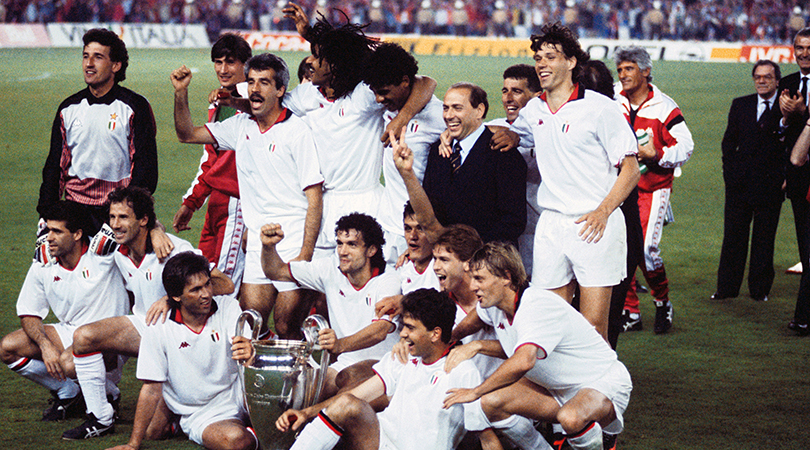
Clubs: 1976-79 Parma 55 games (14 goals); 1979-87 Roma 171 (12); 1987-92 Milan 112 (10)
Playing honours: Serie A 1983, 1988, 1992; Coppa Italia 1980, 1981, 1984, 1986; European Cup 1989, 1990; Intercontinental Cup 1989, 1990
How did it feel when Roman Abramovich came into the dressing room after losing a Champions League quarter-final in 2011 to Manchester United? Did it undermine you?
Gareth Porter, Shirley
It is usual for the owner to come into the dressing room after a game to say hello. But at that moment, after losing that game, everyone was a little bit embarrassed. There was total silence. I tried to break it with a little speech.
Did you deserve better than to be sacked by Chelsea on the final day of the season, straight after the game against Everton at Goodison Park?
Lizzie Broom, Surrey
No, I knew the situation, and I knew it was coming. I was in the dressing room, but it was no shock, because to be sacked is just part of your job. There is no manager who has never been sacked. OK, maybe Pep Guardiola, who has decided to leave clubs, but he has had only a short career in management so far – just eight years.
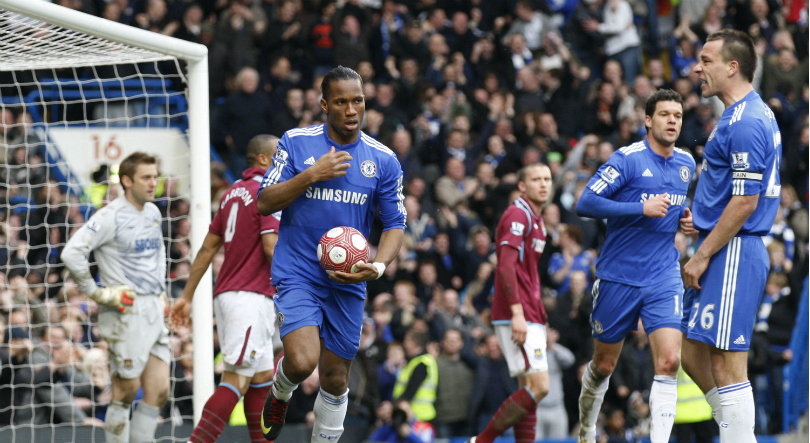
Did Chelsea ask you to return to the club last year to replace Jose Mourinho?
Edward Houghton, via Twitter
No, no. But I would have no problem going back to Chelsea. My experience with Chelsea, and in English football, was fantastic.
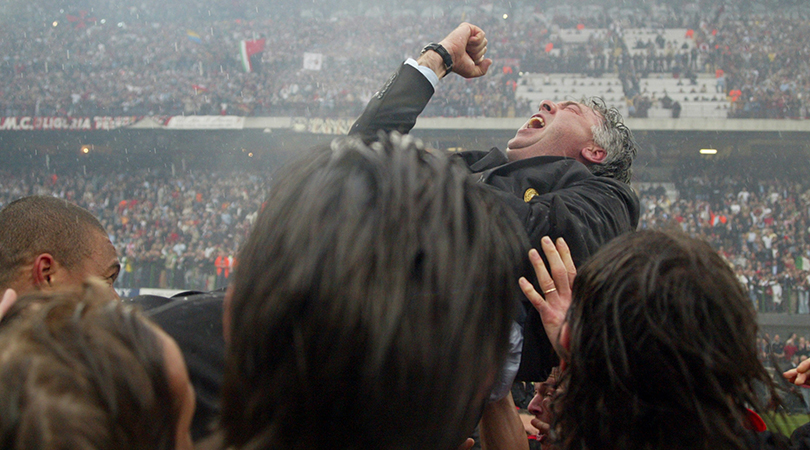
How did you approach managing Zlatan Ibrahimovic and his famously large ego during your time coaching PSG?
Caroline Khan, Balham
Ibra is really funny, but he is also extremely professional. A manager wants that ego in a player. Ibra uses his ego for good: he has individual talent, but he plays for the team. Cristiano Ronaldo is just the same.
What was it like managing Cristiano Ronaldo? The public perception is that he’s difficult to work with, but how did you get the best from him in Madrid?
Alfie Clinton, Rochester
He is a really easy player to train, because as a professional you don’t have to tell him anything. He knows clearly what he must do to be ready for games and for training. As a manager, I was very lucky to have a player like him because he scored 50 goals per season. He wants to be at the top; he wants to be the very best. I think the fact that there is a real competition with [Lionel] Messi helps each of them to be even better. It is very difficult to say who is best, though, because along with Zlatan they can all win football matches on their own. I remember that I liked to joke with Ronaldo. I once told him that he was on the bench for a big game. I said: “Our game is at 4pm, but you will rest tomorrow.” He looked at me in complete shock. Then I told him I was only joking.
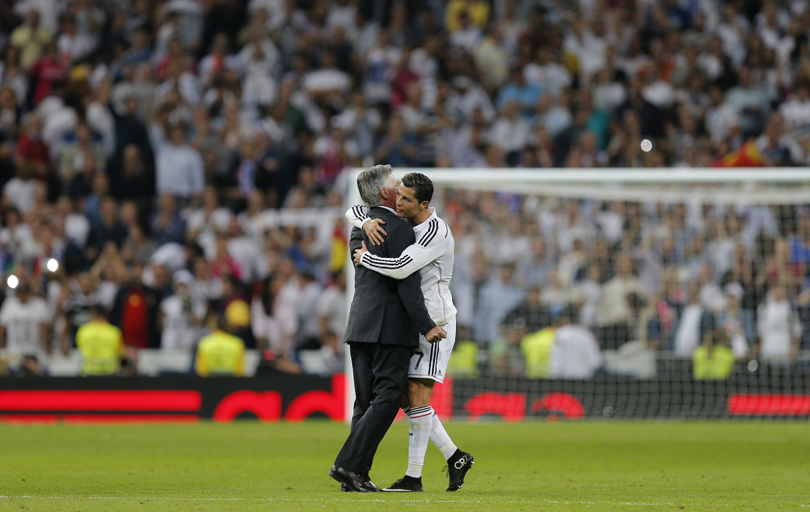
When you took over as manager of Real Madrid, how much importance was placed on winning La Decima, the club’s long-awaited 10th European Cup crown?
Florence Roberts, via Facebook
It was the most important project for everyone at the club; the players and the fans were all obsessed with it. For a long time they didn’t win it, but we were able to do it against Atletico at the end of my first season.
How much impact did the sales of Xabi Alonso and Angel Di Maria have on your side in your second season with Real Madrid?
Saacid Almeyda, via Facebook
Yes, at the end there was a little bit of an impact, but I cannot forget that at the start of my second season we won 22 games in a row. After that we had problems – we had injuries to Luka Modric and Sergio Ramos – and we lost some confidence. We still reached the Champions League semi-finals, but lost to Juventus, and we lost the championship to Barcelona by a point. [FFT: Do you believe you deserved more time at Real Madrid?] I knew that if I didn’t win I would be sacked – I knew that when I signed the contract. If you don’t win, then the history of the club means you’re gone. I have no regrets from my time in Madrid – it was wonderful. Every manager wants to work with Real Madrid, because they are the biggest club, for their history and for their fans all around the world.
Were you disappointed that Gareth Bale’s agent went directly to president Florentino Perez when his client wanted to change positions, rather than Bale himself coming to speak with you?
Ted Swain, via Twitter
Yes, I was, because I don’t speak to the agent normally but if the player is not happy then they have to speak to me, the manager. Usually when a player is not happy they come and speak to me. This should be the normal way.
Who was better to work for: Silvio Berlusconi at Milan, Florentino Perez at Madrid or Roman Abramovich at Chelsea?
Mark Sanford, via Facebook
I spent eight years with Berlusconi and I still have a good relationship with him. The fact that these owners sacked me doesn’t mean that our relationship is broken. I still get on well with Florentino, and although I haven’t spoken much with Abramovich since I left Chelsea, I have no problem with him.
Alex Ferguson said: “I hoped Carlo would come to United. It didn’t work out. Another time, maybe.” When did this happen?
Jason Boons, via Twitter
After he retired in 2013 he spoke to me, but I had already given my word to go to Real Madrid. Manchester United were too late. But otherwise I would have been interested in going to Old Trafford.
Who is the one player you wished you had signed, but missed out on?
Mick Francis, Oxford
I tried to sign Steven Gerrard from Liverpool when I was at Milan, but it just wasn’t possible. I was close to taking Roberto Baggio to Parma, but I didn’t because he wanted to play in a different position than the one I wanted him for. Today I can say it was a mistake, but back then I didn’t want to change my system. Now, with more experience, I could say, ‘OK, no problem – we will try to find a position for him.’ In Italy I would also have loved to manage Francesco Totti. It would have been interesting to manage Wayne Rooney, too.
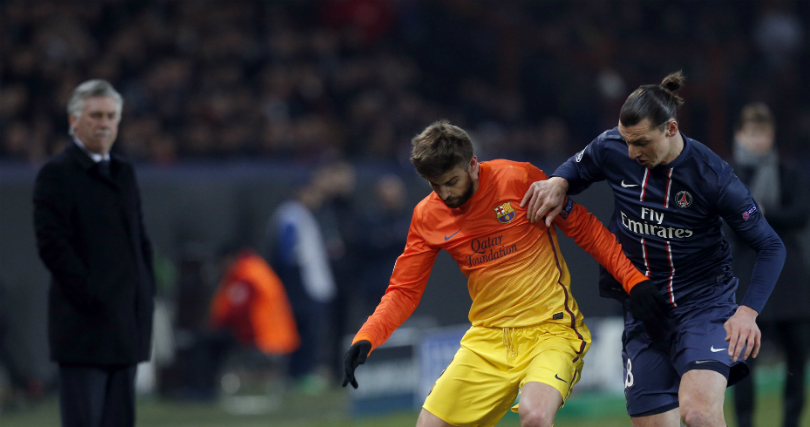
You managed the new Chelsea boss Antonio Conte for two years while in charge at Juventus. How do you think he’ll do at Stamford Bridge next season?
Chris Spencer, London
Conte is a hard worker: really serious, really professional and always focused on his job. Chelsea are getting a top manager who will look at all the little details. Coming to England from Italy, he will find a different world: less pressure, no violence, a great atmosphere, full stadiums – just totally different from Italy at this moment. He can definitely be a success at Chelsea. The club has a lucky relationship with Italian managers. There was Gianluca Vialli, me, and then Roberto Di Matteo, who helped them to win the Champions League.
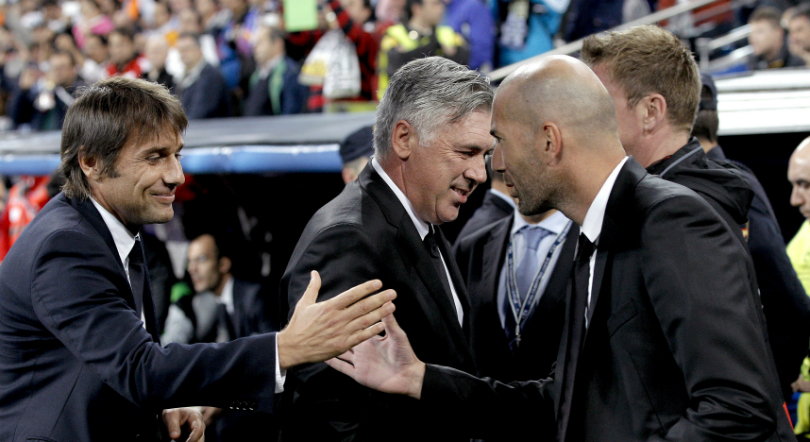
Would you ever be interested in managing a national team? Italy, maybe? Or England?
Giuliano Maiorana, Cambridge
At this moment I would prefer to have a club, but maybe in the future. England? Why not? I would have no problem doing that.
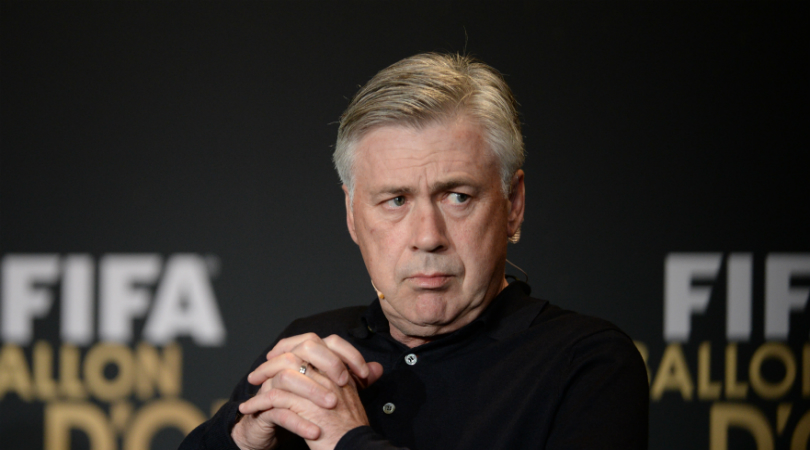
You played under Fabio Capello during your time at Milan. Why do you think he ultimately failed as England manager?
Jonathan Patel, via Twitter
He did really well with qualification for the 2010 World Cup, winning nine matches out of 10. But with a tournament that is played over a short period of time, you need to arrive with all of your players fully fit, and it is difficult to get that after playing a season in the Premier League and Champions League.
Which is the toughest league in Europe to win?
Keil Hampton, via Facebook
For the quality of play, it is Spain. All the teams can play – even the smaller teams. Just look at what the Spanish sides do in European competition. Both Atletico and Real Madrid were in the Champions League final, Sevilla were in the Europa League final, and Villarreal were in the semi-finals. For tactics, I would say it’s Italy, as there you have to think about a lot of different systems. One week you play against 4-4-2, then 4-3-3, and then 3-5-2, so Italian managers gain a lot of experience and knowledge. Tactically, Italy is a really tough league, because the play is compressed. In England the league is also different: it is a lot more intense, and the games are more spectacular. Look at Leicester winning the title this season – it is really competitive. Lots of teams can create problems for the bigger teams. It is a really balanced league. In France now, there is only one team: PSG.
Jose Mourinho has said that he wouldn’t ever manage in a country where the kit man could win the league. Do you feel the same way?
Peter Common, Hastings
The kit man can win the league? What does that mean? [FFT explains Jose’s dig at managers who take ‘easy’ jobs] Ah, I see! It all depends. It is true I was manager of Paris Saint-Germain for two years. It depends on the project at the club, though, and if they show ambition. The aim at PSG is not only to win the league, of course, but also to be competitive in the Champions League.
You’re known as a calm character. Do you ever lose your temper? What happened when you lost your temper the most?
Sean Perry, Florida
It was when I was at PSG in 2013. We went out of the Coupe de France on penalties against Evian, and we had played really, really badly. I was very angry – so much so that I broke a door. I also kicked a box and it landed on Ibrahimovic’s head. He didn’t react. If I ever lose my temper, I need to leave the dressing room and sometimes go and have a quick cigarette and then I’m fine again, although I am trying to give them up.
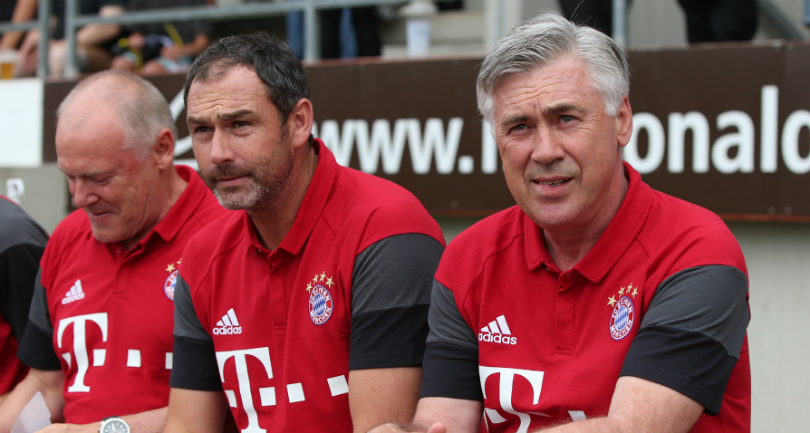
Is it true you are a massive Star Trek fan and have a part in the new film?
Garry Wickham, Essex
Yes. I have a little cameo in the new film. I play a doctor; I don’t have a speaking part – I am just in the background. I was living in Vancouver and that’s where they were filming it. I have a good friendship with the actress Zoe Saldana: she is married to an Italian guy, and she’s in the film. Zoe jokingly said I could have a part and she asked the director – then one day I was on set. Oh, I am a terrible actor. I loved Star Trek as a child, so it is wonderful to be in the film now.
This feature originally appeared in the July 2016 issue of FourFourTwo. Get the game's greatest stories and best journalism direct to your door for only £12.25 every quarter – that's only £2.90 per issue. Cheers!
Sam Pilger is a freelance sports writer who writes for Forbes, FourFourTwo, Optus Sport, The Athletic and The Times Magazine. He was previously the deputy editor of FourFourTwo magazine (lucky him), still contributes regularly and has written several books, including Manchester United's Best XI and For Club and Country with Gary and Phil Neville.
 Join The Club
Join The Club





